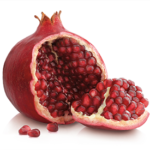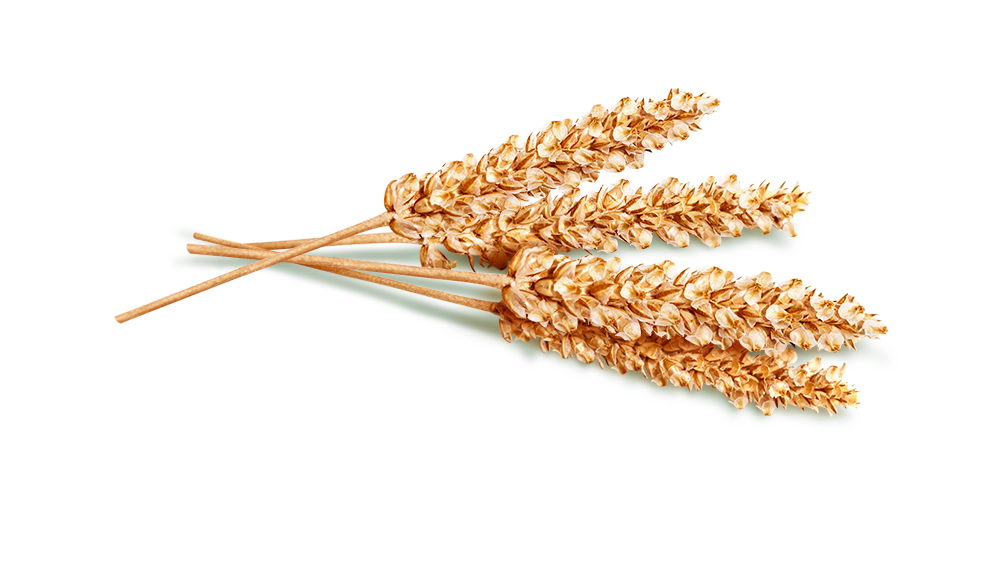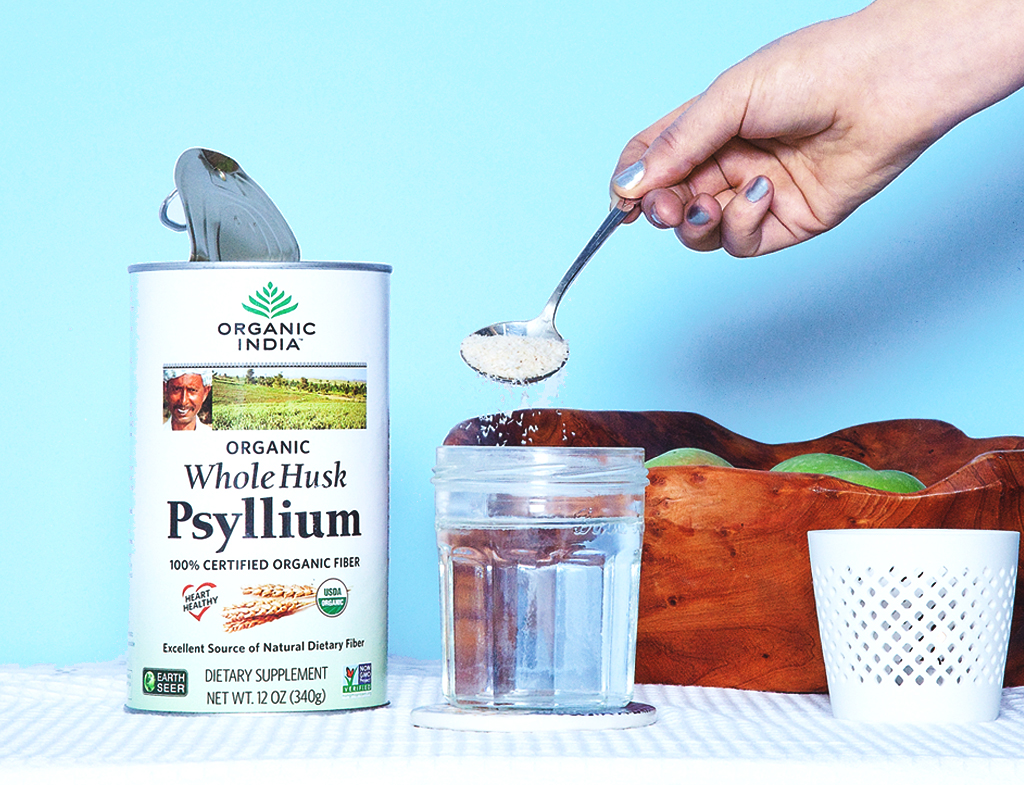First it was cereal, then wheat bran and flaxseed. It’s labelled across our muesli bars and other processed foods. You’ve heard it before and you’ll hear it again. Fibre is a necessary part of your diet and like most people, you’re probably not getting enough.
Sufficient dietary fibre is essential for proper functioning of your gut and has also been related to risk reduction for a number of chronic diseases including heart disease, certain cancers and diabetes – but more on that later. Fibre isn’t just about adding unprocessed wheat bran to your breakfast cereal – there are different types of fibre found in a variety of plant foods ranging from vegetables to rice to flaxseed. Well, move over flaxseed there is a new fibre in town.
Psyllium, which has existed for thousands of years, has often been passed over for other more exciting and contemporary fibre sources such as flaxseed and chia seeds. But psyllium shouldn’t be passed over so quickly. It may have been around for what seems like forever but psyllium contains about 3 grams of fibre in just one tablespoon – just like one tablespoon of whole flaxseeds. Unlike flaxseeds, psyllium doesn’t contain any fat. It also has fewer calories, with one tablespoon of psyllium containing about 20 calories. Psyllium certainly deserves a closer look. What are Psyllium Husks and what health benefits do they offer?
WHAT ARE PSYLLIUM HUSKS?
Psyllium husks (also called ispaghula, isabgol, or just psyllium) are the protective sheath around the seed of the Plantago ovata plant, a herb which grows naturally in India.
Due to their high content of mucilage – an edible, thick, gluey substance produced by plants – psyllium husks are hygroscopic, which means they expand by attracting water and forming a slippery gel. This gel is part of what makes them a useful ingredient binder in recipes. Psyllium Husks, like many plants, contain high levels of both soluble and insoluble fibre.
WHAT IS SOLUBLE AND INSOLUBLE FIBRE?
Fibre comes in two forms: soluble and insoluble. Many high-fibre foods contain both types of fibre, but most foods have higher amounts of one or the other. Both soluble and insoluble fibre are important in your diet. You need roughly equal amounts of both to maintain a healthy diet.
Soluble fibre attracts fluid in your digestive tract and forms a slow-moving thick sludge. This substance slows digestion, which gives essential vitamins and minerals time to absorb through intestinal walls. Insoluble fibre rather, stays relatively intact and sweeps through your digestive tract pushing out waste. This type of fibre adds bulk to your stools and makes bowel movements easier to pass. Parts of the food that are high in insoluble fibre often look the same in your stools, since insoluble fibre does not break down in your gut.
Psyllium contains approximately 70% insoluble fibre and 30% soluble fibre. Psyllium Husk’s resistance to digestion allows it to help regulate high cholesterol, triglycerides and blood sugar levels. It can also aid weight management as well as relieve diarrhoea and constipation. Psyllium husk is even the main active ingredient in Metamucil, a fibre supplement often used to reduce constipation. The fibre found in psyllium is also soluble. That means it’s good for regulating bowel movements, alleviating diarrhoea and controlling glucose levels for diabetics.
5 HEALTH REASONS TO CONSUME MORE PSYLLIUM HUSK
We wanted to take a closer look at Psyllium and some its potential health benefits. It’s an incredible plant, not only helping you feel fuller for longer, it can improve cholesterol and blood sugar levels and can assist in preventing some diseases such as diabetes, heart disease and bowel cancer – to name a few. Here are our top 5 health benefits of Psyllium husks:
1. PROMOTES REGULARITY
Psyllium is most commonly used as a bulk-forming laxative. It works by binding to partially digested food that’s passing from the stomach into the small intestine. Psyllium then helps with the absorption of water, which increases the size and moisture of stools. The end product is bigger and more easily passable stools. It’s not a pretty topic but if you are one of the tens of million people in the world suffering from these issues, it’s important.
One study found that psyllium had a greater effect than wheat bran on the moisture, total weight and texture of stools. Another study of 170 individuals with chronic constipation showed that taking 5.1 grams twice a day for two weeks significantly increased the water content and weight of stools, as well as the total number of bowel movements.
For these reasons, taking psyllium supplements can help relieve constipation, naturally treat IBS symptoms and diarrhoea. Basically psyllium, like fibre in general, is really good for your digestive health and regular bowel movements.
Potential Side Effects:
Bloating or a full feeling in your abdominal cavity are potential side effects associated with psyllium husk. Gas and increased flatulence often occur when using psyllium products. Naturopaths suggest eating less food and drinking more water to assist with this issue. If bloating becomes unbearable or persists, talk with your healthcare professional.
2. IT CAN LOWER BLOOD SUGAR LEVELS
Fibre supplementation is shown to control glycemic response to a meal and reduce insulin and blood sugar levels. This is particularly the case with water-soluble fibres like psyllium. In fact, psyllium can work better than other fibres like bran because its gel-forming fibres can slow down the digestion of food, which helps regulate blood sugar levels.
Because psyllium is able to slow down the digestion of food, it’s recommended to take it with food, rather than on its own, so it has a greater effect on your blood sugar levels. It seems that a daily dose of psyllium – at least 10.2 grams – can promote lower blood sugar levels.
3. MAY AID IN WEIGHT MANAGEMENT
Fibres like psyllium can form glue-like compounds which can help control appetite and aid weight loss. While most studies looking at psyllium and weight loss are still small, some are showing promising results. In two studies, psyllium was administered to healthy participants who, after eating, would have prolonged feelings of fullness. The science is still out, with some studies not reporting significant results on body weight.
4. IT CAN LOWER CHOLESTEROL LEVELS
Psyllium is able to bind to fat and bile acids, which promotes their excretion from your body. In the process of replacing these lost bile acids, the liver uses cholesterol to produce more. This can result with blood cholesterol levels decreasing.
5. MAY HELP YOUR HEART STAY HEALTHY
Psyllium husk has some heart health benefits when used regularly. As mentioned above, the fibre content in this husk helps to reduce cholesterol levels. This, in turn, helps to protect your heart. High fibre and low tran-saturated fat content in the diet is essential for improving conditions in many heart diseases. You can take psyllium immediately after your meal or immediately after waking up in the morning.
According to many studies, a diet rich in soluble fibre has related to lower triglyceride levels and a reduced risk of cardiovascular disease. Hence, a daily diet that is high in fibre foods such as psyllium-enriched cereals can reduce the chance of heart conditions. Likewise in other studies, fibre such as psyllium, added in a healthy diet, may help to reduce a risk of heart disease. Psyllium husk has an effect on the heart by lowering the blood pressure, strengthening the heart muscle, and enhancing lipid levels.
If you want to start talking psyllium, a 1-tablespoon serving of psyllium husk will provide 17% to 24% of the recommended dietary allowance of fibre for adult women, and 13% to 17% of the recommended dietary allowance for adult men. You should consume Psyllium with water. When you first begin taking psyllium, experts recommend trying a small dose – about ½ tablespoon to 2 tablespoons at a time. Very importantly, drink plenty of water with psyllium because it can get stuck in your throat or digestive tract without enough water.
Psyllium Husk makes for an excellent source of fibre if you are seeking a plant-based natural supplement to add to your daily diet. It also is the perfect addition to your baking recipes due to it’s ingredient binding qualities. Try our organic Whole Husk Psyllium for an excellent source of soluble and insoluble fibre.
JOIN OUR TRUE WELLNESS REVOLUTION
Subscribe to our newsletter for up-to-date news, new products and special offers. Be apart of our beautiful community inspiring True Wellness for all.




